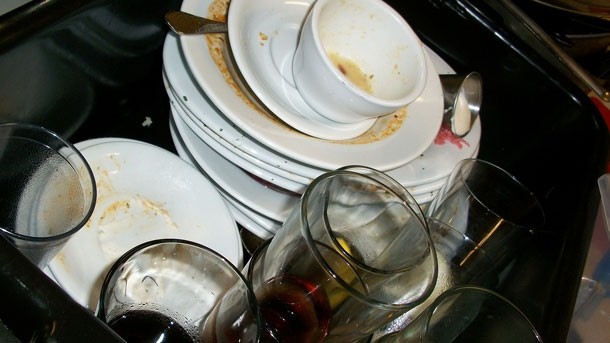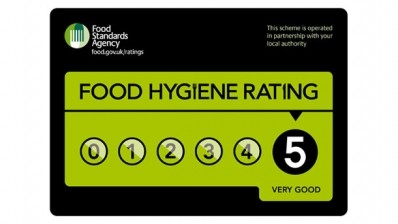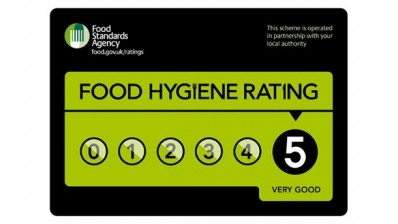Ask the Experts
Don’t fall at the festive hurdle – how restaurants can keep standards high

Planning and marketing for Christmas starts during summer for most restaurants. Failing to prepare food properly is a waste of this planning time, not to mention the fact that it can put the establishment’s reputation in jeopardy. The same effort needs to be put into storing, preparing and cooking food safely at this busy time.
It’s easy for shortcuts to be taken and standards to slip during the festive period, but to avoid negative reviews that can last beyond Christmas, even more care and vigilance is needed to ensure standards remain the highest they can be.
The kitchen
One of the most dynamic areas at risk from bacteria, especially during Christmas! It should be managed using a tailored HACCP (hazard analysis of critical control points) system that monitors all risk touch points. Food can become contaminated at any time from when it is shipped, stored, handled, prepared and served. Surfaces, counters and kitchen utensils should be routinely and effectively sanitised. Hand washing procedures should be enforced to all kitchen staff to limit bacteria and viruses being transferred to food. Fruit and vegetables should always be washed and high risk foods such as turkey and shellfish should be cooked thoroughly. Purchasing stock from trusted suppliers is also important. Infected food can be shipped in and stored with bugs such as norovirus still present whilst frozen.
The table
This is obviously the main point of interaction for restaurant guests and therefore one of the biggest risk areas for transferring harmful diseases. Tables should be swab checked regularly to monitor microscopic bacteria levels and ensure that surfaces are sanitised properly. Table cloths and other linen should also be cleaned properly and subjected to frequent ultraviolet checks to discover stains and marks invisible to the naked eye but capable of sustaining bacterial growth.This will help determine whether the laundry process is effective.
Tableware
It goes without saying that these need to be spotless, but they are also a frequent touch point between staff and restaurant guests. To ensure that customers only consume the restaurant’s food, all waiting staff should adhere to rigid hand washing procedures to limit bacteria and viruses passing onto cutlery. Selected tableware should also be swab tested regularly to provide an accurate reading of hygiene levels.
Washroom standards
The restaurant washroom is another common area where norovirus can easily be picked up and transferred to surfaces within the eating area. The washroom should be thoroughly cleaned and regularly checked. This includes sanitising door handles, toilet flushers, taps, dryers, counters and all other hand contact areas. When cleaning, disposable paper wipes should be used to avoid the possibility of cross contamination. To prevent viruses spreading to the restaurant, hand washing signs should be visible with soap topped up to encourage good sanitation amongst guests and staff.
Staff illness
During the festive winter period, sick leave can be common. Ensure that return to work procedures are carried out diligently with employee health reviewed regularly. As a general rule, staff should remain off work for a minimum of 48 hours after symptoms have subsided before handling food again. If an employee is off sick for a prolonged period, doctor’s feedback should be sought before returning to work. It is good to have a source of potential replacement staff on standby during the busiest periods so that it is easier to find help when you have the least amount of time to arrange cover.

















